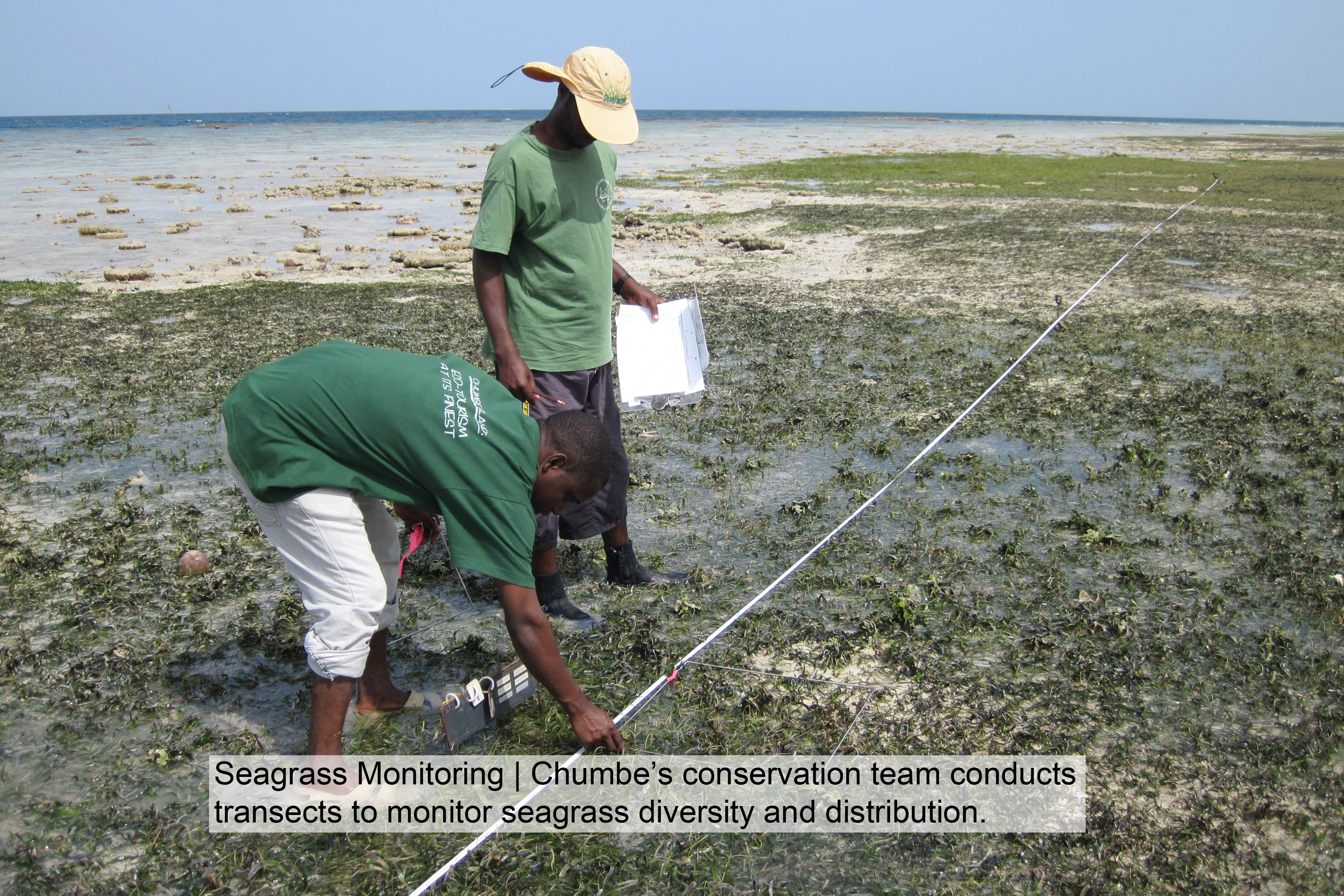Community involvement and benefits
Sustainable park management often means that access to traditional resources is restricted or modified for sustainable management. Such impacts therefore need to be offset by ensuring local communities and resource users directly or indirectly benefit from the MPA and are fully involved in the solution. Chumbe MPA was established through participative partnerships with local communities, and included: village meetings before and during project development; employment and training of community members for various project roles, including former fishermen as park rangers; village leader involvement in management plans and Advisory Committee meetings; and the provision of wider income opportunities for local communities (such as agricultural products for the restaurant, building materials and handicrafts, outsourcing road and boat transport and craftsmen services during maintenance). Additionally the project benefits local communities through the protection of valuable biodiversity; restocking of depleted fisheries and degraded coral reefs; promotion of environmental awareness among fishers, and provision of emergency services to local fishers in distress in the absence of a marine rescue service in Tanzania.
Local communities have been involved throughout the project development, ensuring bottom-up engagement. The project has sustained clear and positive communications at all times, encouraged communities to actively engage in meetings, respected cultural traditions, and has maintained a high level of accountability and transparency in all aspects of its operations. The strategy of providing opportunities for those who want to take them, rather than making promises, has been key to the success.
Biannual Advisory Committee meetings attended by leaders from neighboring villages have proven to be an important communication tool to discuss management objectives, project progress and other emerging issues. Outside these formal meetings, CHICOP has built up trust with local communities through consistent local informal meetings and dialogue, and has also learned from some mistakes - such as an inconsistent communication of MPA borders in the early years of establishment, which led to temporal confusion, anger and mistrust amongst local fishers. Since awareness of the importance of coral reefs was limited in the early years of the project, and the MPA approach of a ‘no take zone’ was such a new concept, CHICOP has also had to actively demonstrate how the MPA project links to peoples’ daily lives. The religion and culture of these societies touches all aspects of daily life, hence, the project also works closely to negotiate, explore and find compromises in times of any dispute.
